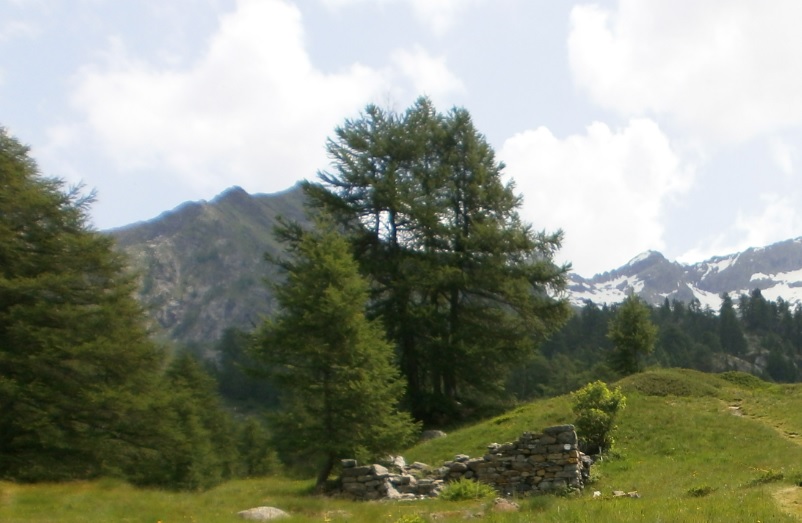
European Society for Historical Demography, Alghero, 25-27th September 2014
Panel:
Dynamics of depopulation in mountain areas: vulnerability and territorial responses (16th-20th Century)
This session aims at comparing historical and geographical experiences which share phases of depopulation, going hand in hand with several forms of vulnerability, with a special focus on mountain areas – generally considered as territories which are more prone to migration phenomena and rural exodus. The Panel will focus on four mountain regions of Europe: the Alps, the Pyrenees, the Carpathian mountains and the Apennines.
The theme of depopulation has often been analysed in the context of migratory movements from the countryside to urban areas and the “rural exodus” phenomenon that affected many European mountain areas since the 19th Century.
From a strictly demographic point of view, depopulation can be the result of natural deficit situations which depend, to varying degrees, on migration dynamics. From this point of view, a precise interpretation of depopulation phenomena must take into account the demographic factors it depends on (natural and migratory balances). These can provide useful information in order to grasp the forms and degree of demographic, social, economic and environmental vulnerability in populations affected by this phenomenon. Several historical events show that, in pre-transitional populations, homeostasis mechanisms were able to offset the temporary unbalances due to mortality crisis and resulting demographic drops. On the other hand, modern dynamics show that normally the more advanced is the degree of demographic ageing, the faster is the rate of depopulation.
Generally speaking, it is also well known that depopulation phenomena have a meaning which goes beyond the purely demographic sphere. This is why several studies have emphasized the interaction between demographic decreases and “deterritorialisation” phenomena, such as abandoning economic activities carried out on the territory. The causes associated with this interaction can express themselves in both ways, depending on the demographic and historic contexts in which it takes shape. From this perspective, some variables appear to be crucial in its analysis, such as property systems, land access, characteristics of the land market and the degree of development of market economy. One final aspect which must be considered is the response that depopulated contexts are able to elaborate in view of a return to demographic growth. Vulnerability and responses can overlap on several levels (demographic, social, economic, environmental) depending on historical and geographical contexts. Therefore, responses to demographic vulnerability can relate to the social, economic, environmental and territorial aspects. Changes in marital models, variations in domestic organisation, redefinition of relationships amongst generations, restructuring of relationships with the market economy are all aspects that can be subjects of analysis.
Panel organizers
Luigi Lorenzetti, LabiSAlp - Università della Svizzera Italiana - USI (Switzerland)
Luca Mocarelli, University of Milano-Bicocca (Italy)
Participants
Elena Glavatskaya
(Уральский федеральный университет имени первого Президента России Б.Н.Ельцин, Ural Federal University, Ekaterinburg. Russia). “Vital events among migrants and refugee communities in the early 20th century Urals cultural landscape: Catholics, Lutherans and Jews”
Lyudmila Mazur
(Уральский федеральный университет имени первого Президента России Б.Н. Ельцин, Ural Federal University, Ekaterinburg. Russia). “Demographic models of rural settlements in the conditions of urbanization (on materials of Central Ural in the 20th century)”
Jon Mathieu
(Universität Luzern, Switzerland). “From below-to above-average growth? Population estimates for the Alpine Area, 1870 to present”
Ionel Muntele, Adrian Grozavu, Alexandru Rusu
(Universitatea Alexandru Ioan Cuza, Iasi, Romania). “Les Carpates Roumaines entre extension volontariste du système de peuplement et défis
d’adaptation à la modernité (XXe siècle)”
Matteo Troilo
(Università di Bologna, Italy). “Tourism as a means against depopulation. Some cases of study in Emilia-Romagna Apennines”